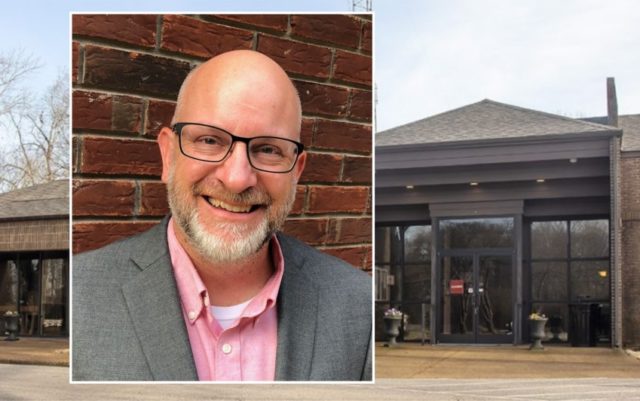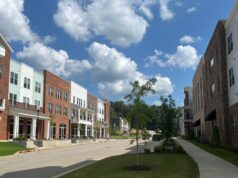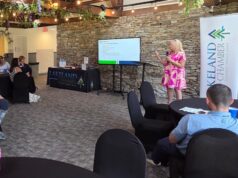Lakeland Currents recently had the opportunity to sit down with incoming Commissioner Jim Atkinson and ask some questions as he prepares to take office next week. Our questions are in bold text and Mr. Atkinson’s answers follow.
Tell our readers about your background Jim. Where did you grow up, education, etc.?
I grew up in a suburb of Minneapolis, MN. I came to Memphis on a music scholarship to the University of Memphis (even though I wasn’t a music major). I planned on moving back to Minnesota after college, but I met my future wife, Christen, at UofM. We married in 2000 and have three sons – ages 16, 14, 12. Two of them attend Arlington High School, and our youngest attends Lakeland Preparatory School.
I hold a Masters Degree in City and Regional Planning from the University of Memphis, and a Graduate Certificate in Local Government Management also from the University of Memphis.
Tell us about your professional experiences. Jobs, what you do now, etc.?
Since graduate school, I’ve worked as a city planner for the Town of Collierville, the City of Mounds View, MN, the City of Farmington, MN, and the City of Lakeland. I spent a total of 14 years with the City of Lakeland, the last four as City Manager.
I currently work at A2H, Inc. – an Architecture, Engineering, and Planning firm headquartered in Lakeland. I am a planner and department manager for A2H.
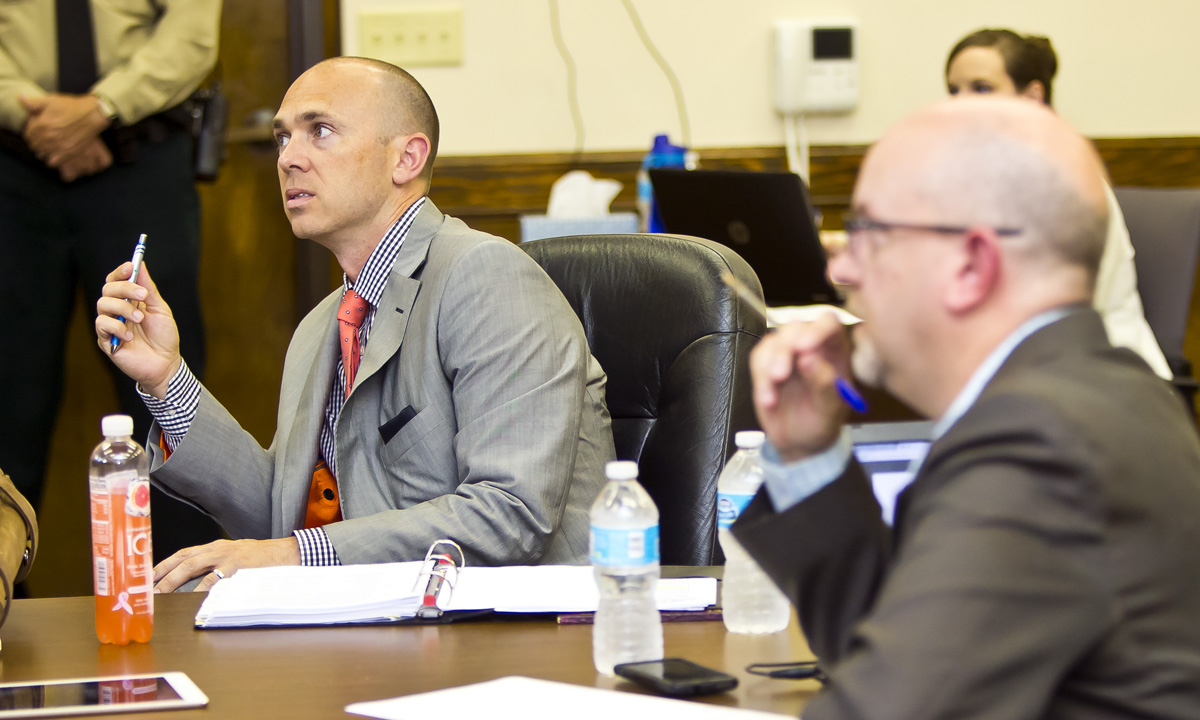
What are your goals for Lakeland? Out of those goals what will you concentrate on first?
Creating a clear vision for our future, replacing our land development regulations, paving roads, expanding recreational opportunities, improving and expanding our sewer system, and paying down debt starting with the loans from the 2000s. I would start with creating the vision then prioritizing all projects based on the vision.
As you know, residential construction is booming in Lakeland. How do we handle that moving forward?
We need to manage growth at a rate that we can properly maintain infrastructure while also providing the amenities that our citizens expect. This means we can’t simply allow any and all development; we need to create a clear vision as to how, when, and where development occurs and then make sure our regulations are consistent with that vision. This will require having a long term maintenance plan and making sure that funds are allocated appropriately each fiscal year to account for needed increased funds as infrastructure ages.
Because of projects like The Lake District, as well as more homes producing property taxes, city revenues will continue to grow. What should Lakeland do with the extra income?
An increase in construction leads to a greater need to develop and maintain infrastructure, parks, schools, and other services. Increased revenue should always be used to benefit the residents, and provide adequate services to keep Lakeland as a great place to live and do business.
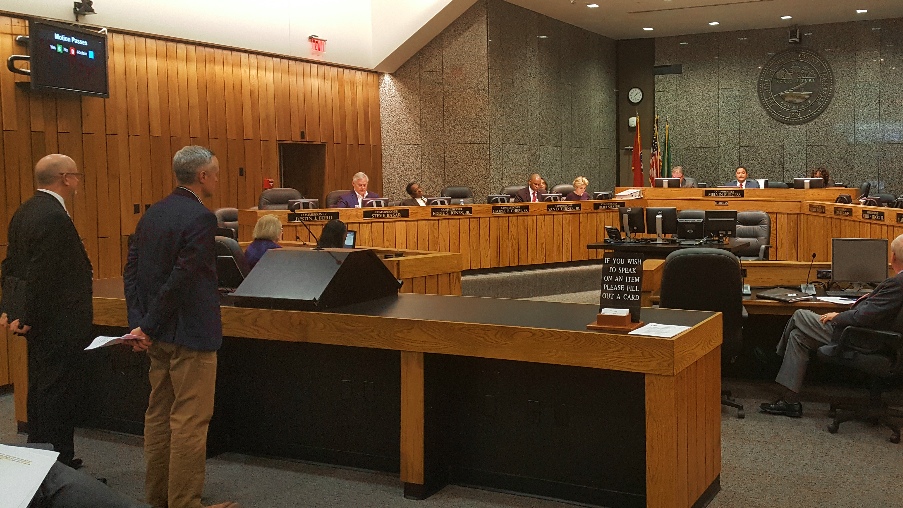
How important to Lakeland’s future is Lakeland School System?
Maintaining a high performing school system over time is enormously important to sustaining a desirable community. If the quality of the system declines, the demand for houses in Lakeland will decrease. We have clearly seen the impact schools have had on our city in the District’s short existence.
If you received a 1 million dollar grant for the city, what would you do with it?
Pave roads. Not very exciting, right? Unfortunately, $1 million dollars doesn’t go very far on major infrastructure projects. But, we are in the difficult position of needing to catch up from years of neglect of city infrastructure. The city first started paving roads in 2015 (yes, the city was only patching roads before 2015) and has made good progress towards catching up. But, there are still neighborhoods with crumbling roads, so I believe extra revenue should be spent on roads until we are caught up.
Tell us something most people don’t know about you.
I play drums in a rock band. And my family’s pets include four pigs, two goats, a bunch of chickens, two dogs, a cat, and a rabbit.



